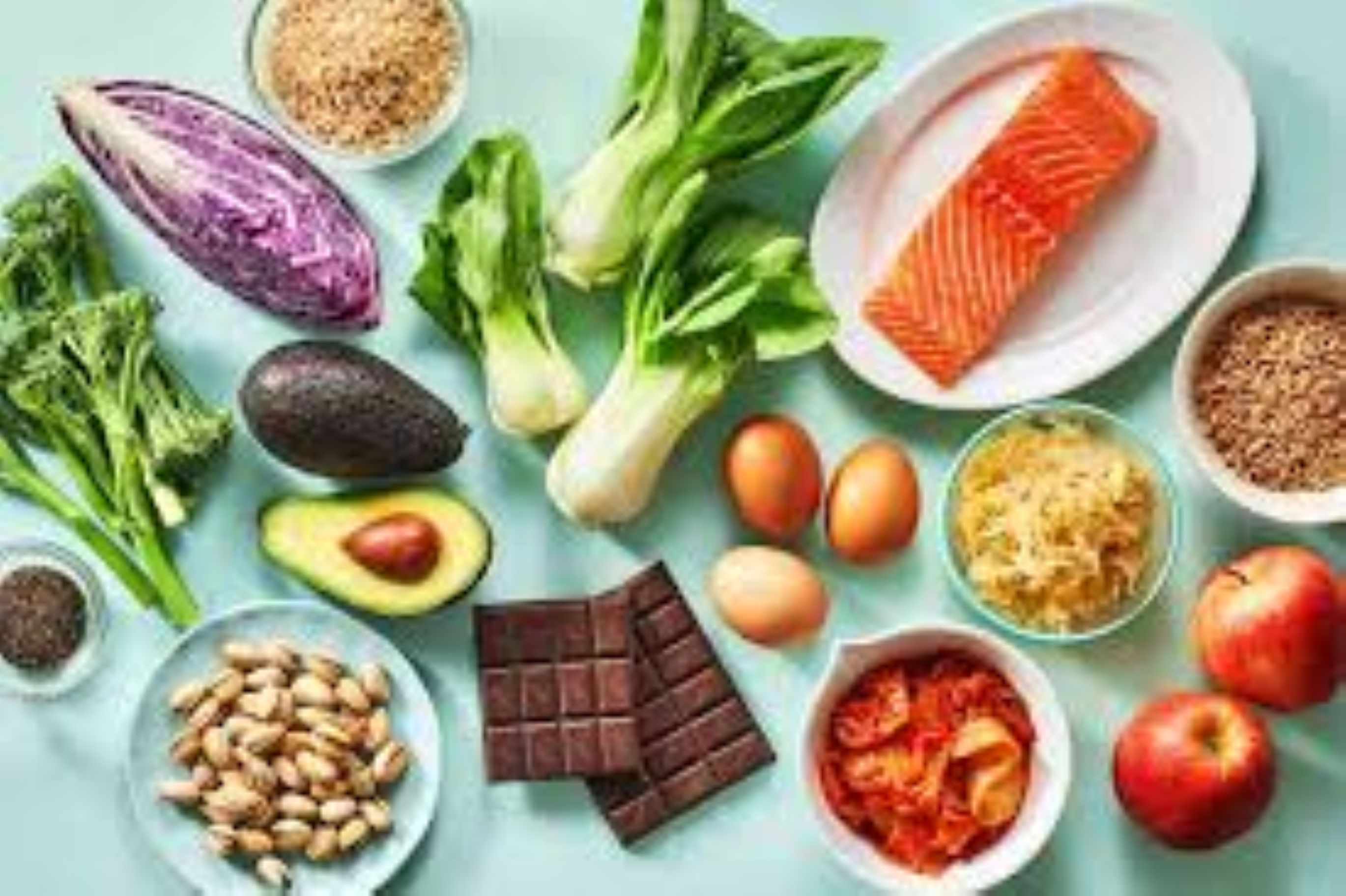+919790726189

This is your website preview.
Currently it only shows your basic business info. Start adding relevant business details such as description, images and products or services to gain your customers attention by using Boost 360 android app / iOS App / web portal.
Nutritional Requirements During Loss of Teeth D...

Nutritional Requirements During Loss of Teeth Dr. Bharathi Dental Clinic and Implant Centre, West Mambalam Tooth loss, whether partial or complete, can significantly impact a person’s ability to chew food properly. This not only affects dietary habits but also influences overall nutrition and health. During the phase of tooth loss—especially when transitioning to dentures or waiting for implants or bridges—it is essential to focus on maintaining proper nutrition to support both general health and oral healing. One of the most common issues faced after losing teeth is difficulty in chewing hard or fibrous foods like raw vegetables, nuts, and meats. As a result, many people tend to shift to softer, carbohydrate-rich diets that are often low in essential vitamins, minerals, and proteins. Over time, this can lead to nutritional deficiencies, reduced immunity, delayed healing, and even worsening of oral health. Key Nutritional Considerations During Tooth Loss: Protein Intake: Proteins are crucial for tissue repair and maintaining muscle strength, including the muscles involved in chewing and speaking. Sources like soft-cooked lentils, dairy products (milk, paneer, curd), scrambled eggs, and well-cooked meats or fish can be included in the diet. Calcium and Vitamin D: These nutrients are vital for maintaining bone health, especially the jawbone which supports future dentures or implants. Dairy products, tofu, fortified cereals, and sunlight exposure help meet these needs. Vitamin C: Important for gum health and healing, vitamin C can be obtained from citrus fruits, tomatoes, amla, and cooked bell peppers. If chewing raw fruits is difficult, smoothies or juices are good alternatives. Iron and B Vitamins: Iron supports red blood cell formation, while B-complex vitamins assist in energy production and nerve function. These are found in leafy greens, whole grains, legumes, and fortified cereals, which can be softened or pureed if needed. Fiber: To aid digestion and prevent constipation, fiber is essential. Soft fruits like bananas, stewed apples, and well-cooked vegetables can provide this without straining the gums. Hydration: Adequate water intake is important for overall health and helps maintain saliva flow, which protects the gums and oral tissues. Eating Tips During Tooth Loss: Cut food into smaller pieces or mash them to reduce chewing difficulty. Opt for soups, porridges, smoothies, and soft-cooked dishes. Avoid sticky, hard, or spicy foods that may irritate the gums. Rinse the mouth after eating to maintain oral hygiene and prevent infections. At Dr. Bharathi Dental Clinic and Implant Centre, West Mambalam, we understand the nutritional challenges patients face during tooth loss. Our team provides personalized dietary guidance along with dental treatment to ensure patients stay healthy and heal faster. In conclusion, maintaining a well-balanced, nutrient-rich diet during tooth loss is crucial for general health and successful dental rehabilitation. Adapting food choices during this time can make a big difference in recovery and quality of life. Dental Clinics in West Mambalam Dentists in West Mambalam Dentists in Ashok Nagar Best dentist near me Best Dental Clinics in West Mambalam Oral surgeon in West Mambalam Dental Implants in West Mambalam Oral surgeon in Ashok Nagar

